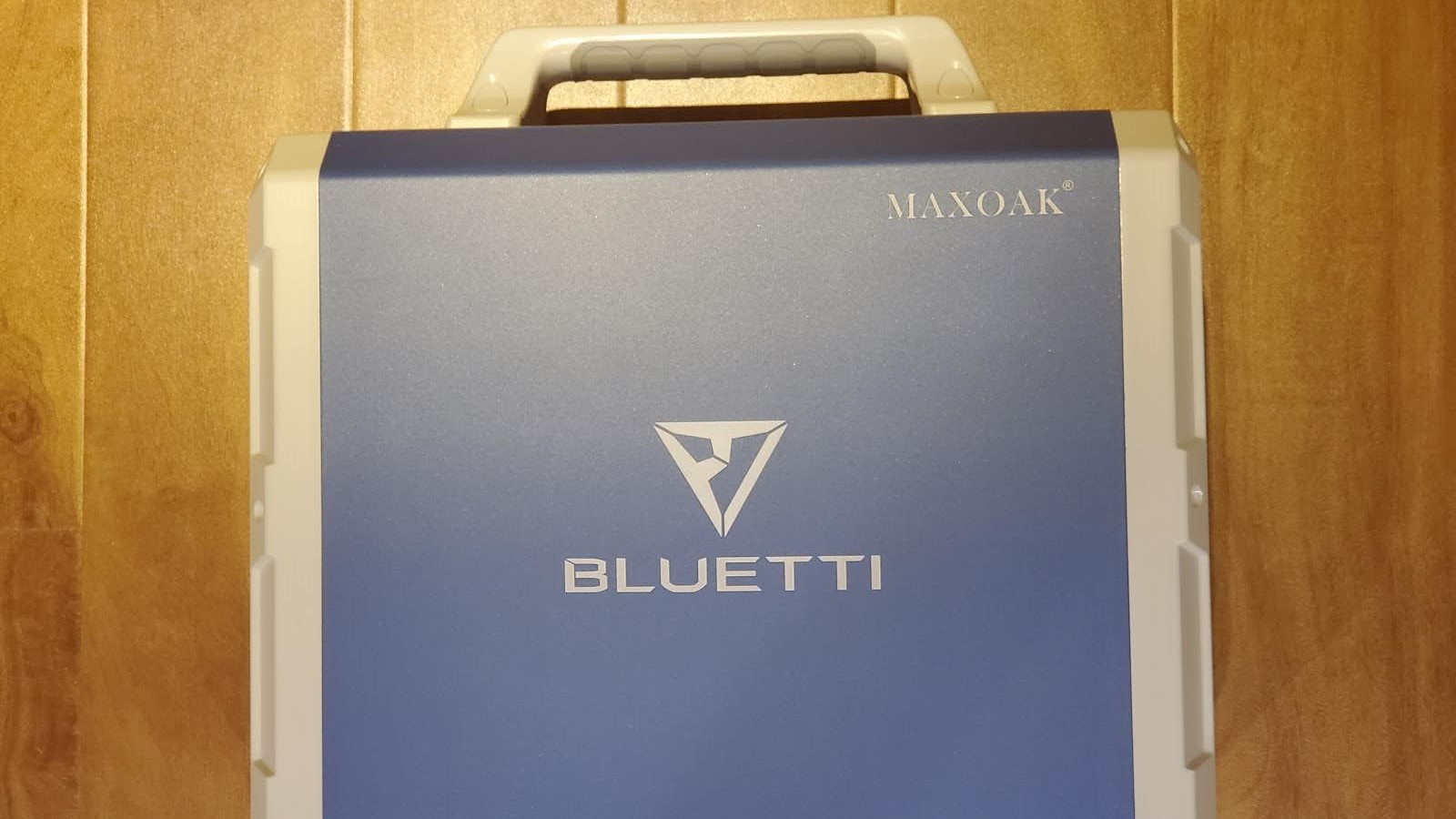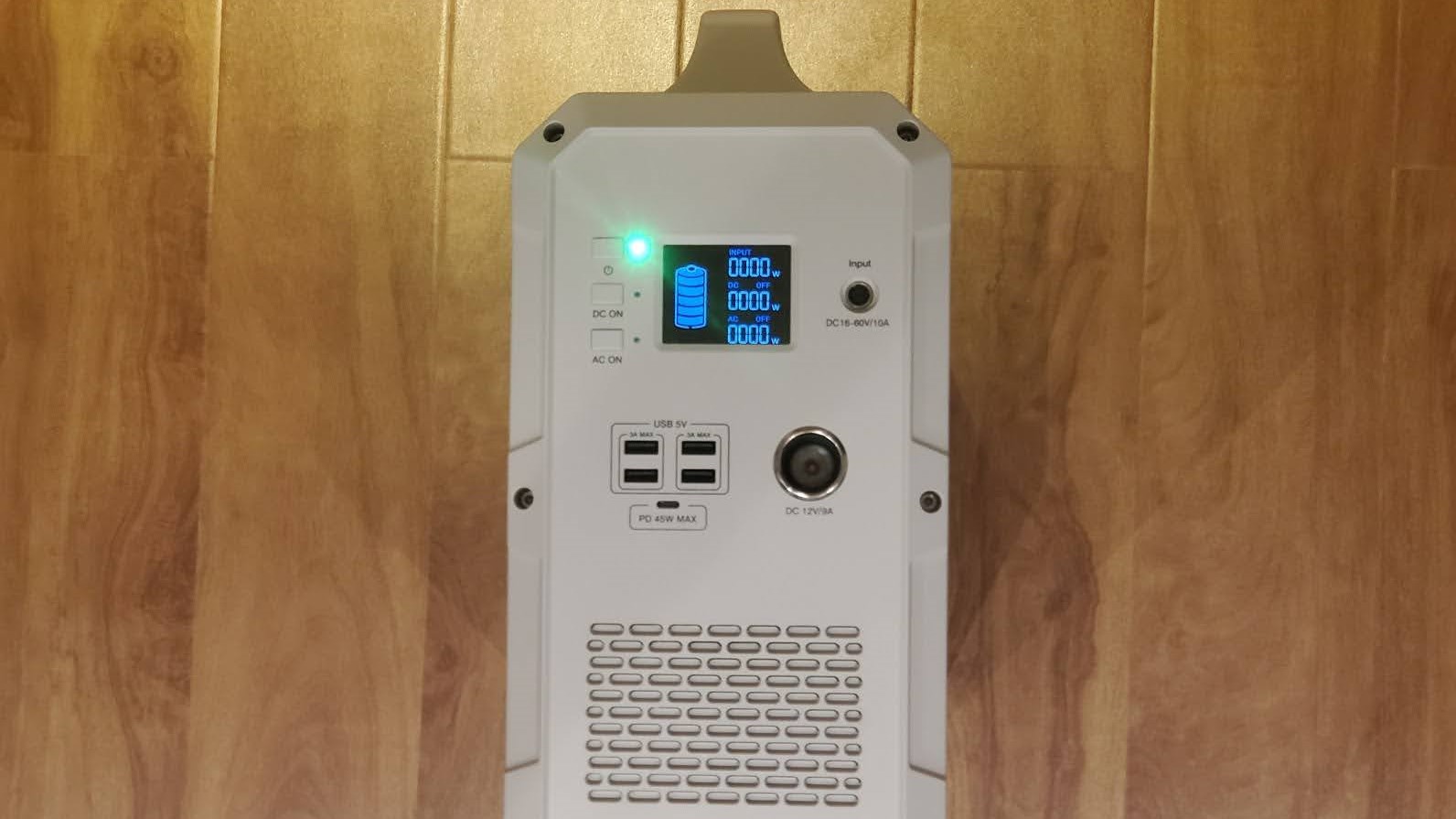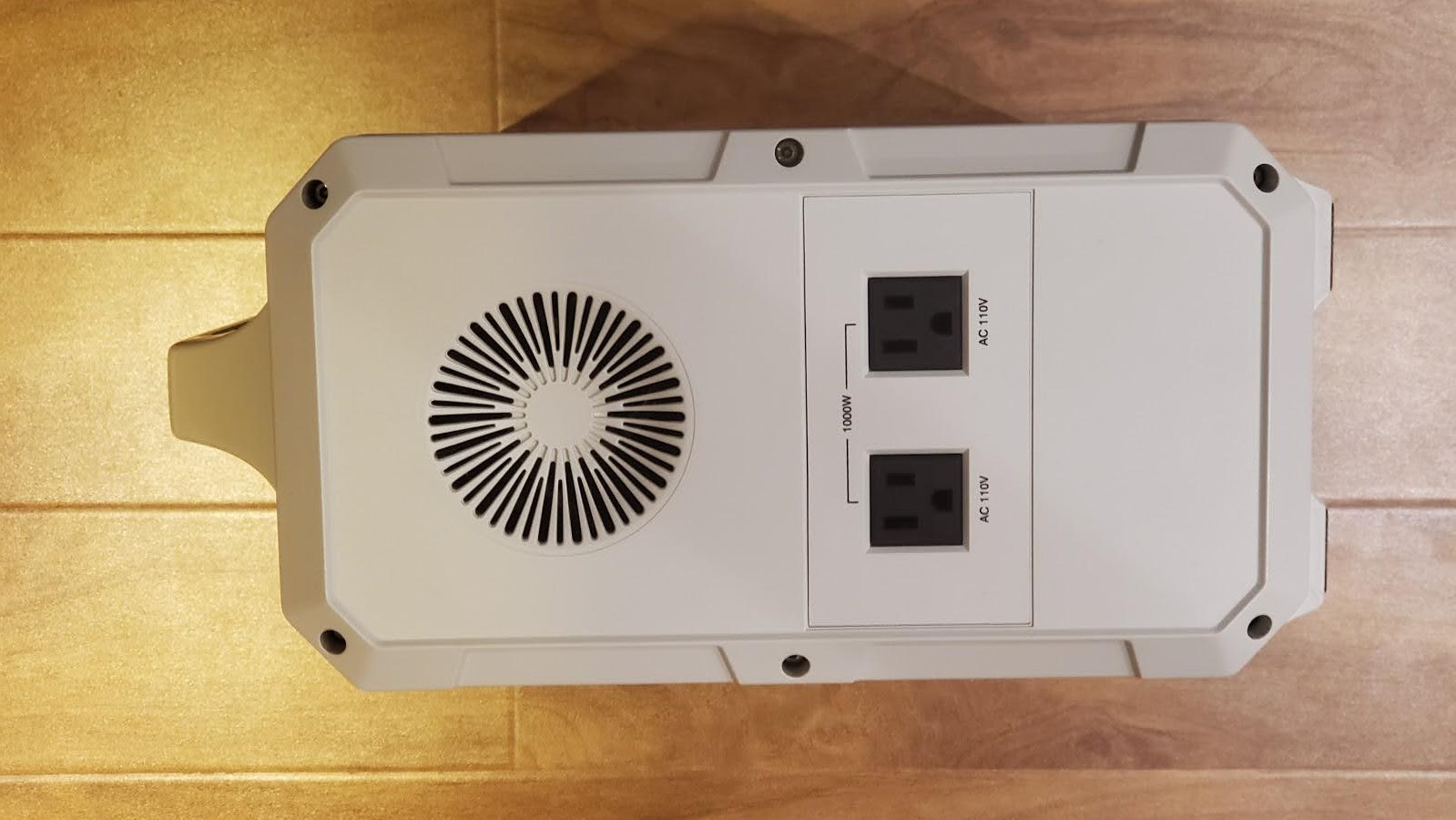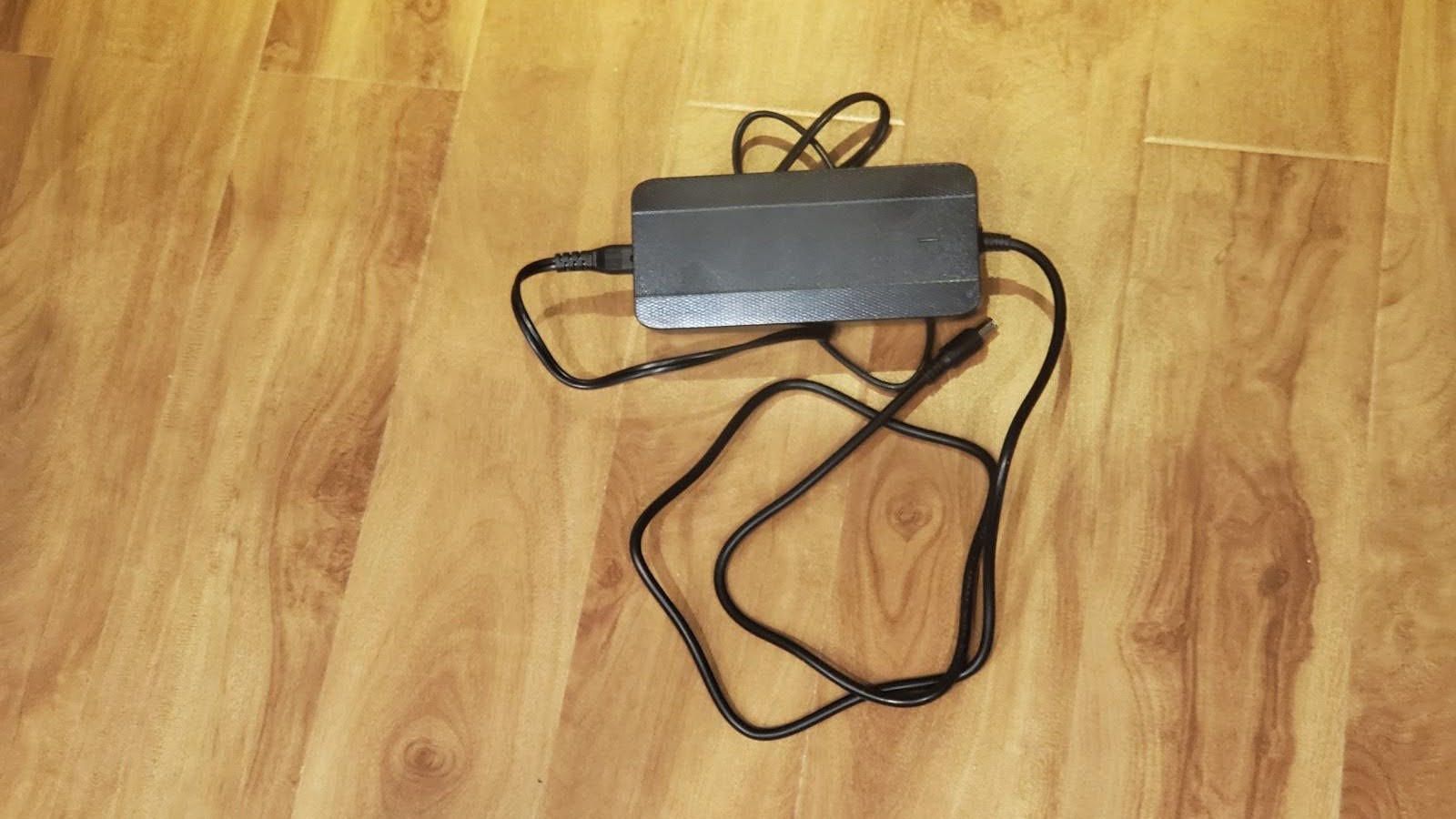TechRadar Verdict
The Maxoak Bluetti EB150 is a high-power high-capacity off-grid generator which incorporates the latest in battery technologies. Yes, it is expensive but when it comes to batteries, it’s very much a case of you get what you pay for.
Pros
- +
Big battery capacity
- +
Plenty of power outlets
- +
Reasonable price
- +
Good inverter efficiency
Cons
- -
Technical support lacking
- -
Quite heavy
Why you can trust TechRadar
With more people finding themselves working from home as a result of the pandemic, being surrounded with the right tools is a must. A power generator is essential to guard against potential failures on the power grid. The design of such a device and making it portable is no easy feat; importance has to be given to the battery type and capacity while not neglecting crucial aspects such as overcharge protection and ease of use.
Unlike other manufacturers of portable power storage, Maxoak, known for their Bluetti line of products, have been in the industry for a long time. Since 2009, they have made a name for themselves thanks to their reliable construction, the integration of quality battery cells and a simple user interface.
Price and availability
For a special price of $1099 after a $195 rebate with code EB150200, the buyer gets 1.5kW/h of battery capacity and supports up to 1kW of power. The price point of this product makes it very attractive, given that the user gets a proven technology with high-quality materials.
Design
The EB150 reviewed here remains first and foremost a power bank on steroids. To that, Maxoak adds what is usually offered by the competition: a pure sine-wave inverter, good conversion efficiency, a lot of battery capacity and high output power rating. Other nice-to-have features include USB Type-C power-delivery, high-current USB Type-A sockets, a regulated 12V car adapter DC output and two AC outputs to cover most typical applications.

The Bluetti EB150 can be mistaken for a small PC tower, measuring 37cm x 16.5cm x 36cm. The handle sets it apart from being a computer and tells that it is heavy. At 17.2kg, it surely requires some effort to be carried around. Four large rubber feet prevent any slippage that can occur with many wires connected to the unit. The aluminium alloy case has a powdered finish and comes in either blue or black colors. The beige plastic on the front and back gives a vintage look to the generator.

The front panel groups low voltage output connectors, a large LCD user interface with three push buttons, an airflow outlet and a single input power jack for charging. Two AC sockets and a fan are located at the back. With the EB150 turned-on, the fan is always activated but throttles between low and high depending on the connected load, thus giving a reasonable noise level when in use.
The generator has an efficiency of about 88% which is normal for this class of device. The quality of the inverter output voltage manifests itself in a low THDV or total harmonic distortion value of less than 5%, typical of the pure-sine inverter technology used in the EB150.

The various USB ports can output either 5V at 3A for the Type-A or up to 20V at 2.25A for the Type-C through power-delivery. The 12V cigarette lighter socket is regulated at 12.2V and has a maximum current rating of 9A. The DC input of the EB150 can accept a maximum of 10A while supporting up to 60V. That said, the input power is limited to 500W which can only be achieved through the use of solar panels, while an MPPT design guarantees an optimal charge.

Charging using the supplied 160W AC adapter will be substantially longer than through 500W solar panels, taking roughly 10 hours to reach maximum capacity from a discharged state. This time goes down to three hours when using 500W panels.

In use
The Maxoak Bluetti EB150 is ready to be used out-of-the box. The user is advised to do a first full charge before using it. Charging begins when the AC adapter jack is plugged-in and stops automatically once the batteries reach full capacity. The only other accessory supplied is a high-current PV solar charge cable.
All interactions except charging requires pressing push-buttons. In order to turn-on the unit, the power button has to be held for at least two seconds. After that, the display comes to life and shows the state of the internal battery as well as power consumption of various sockets. The AC and DC sections are also enabled using their buttons by holding for two seconds. A green LED located next to each push-button turns on whenever an action, such as power-on, is registered by the system. This is useful to know the state of the unit at a glance.
The power measurement is done in real-time and appears brightly thanks to the backlight and the LCD high contrast. For outputs less than 30W, the meters will show 0W. To save power, the backlight will turn off after one minute. The LCD also outputs troubleshooting codes if the system detects an abnormal operation. These can be further checked in the provided user manual. All in all, the display is simple yet effective at giving all important information about the generator.
The Bluetti implements several safety features that guarantee adequate operation in the long-run while under maximum load. First the battery management system constantly monitors the Lithium polymer cells for over/under charging cases. The 120V inverter is also guarded against over/under voltage and over-current scenarios. Errors that are critical such as a dead battery cell will have to be addressed by returning the unit. Each EB150 comes with a one year warranty.
Finally, the EB150 was tried as an uninterrupted power supply for a modern PC (Ryzen 3800, 64GB RAM, 2TB SSD). It performed relatively well such that the battery was always fully charged with no apparent hardware glitch. With the PC connected, the generator displayed an average power consumption of just over 150W. Hence, using the AC block adapter was enough to keep the system running. On the other hand, the cooling fan was always on, thus preventing the EB150 from being suitable for office use.
Competition
The Bluetti is well surrounded by competition but only few can match the capability or build of the EB150. The Jackery Power Station 1000 is similar to the EB150 with its 1kW inverter but with a 1kW/hour battery, has two-third the battery capacity. The Power Station 1000 is also made of plastic compared to the aluminium shell of the Bluetti, while the power measurement also lags compared to the real-time nature of the EB150 power meter. Finally, the Bluetti beats the Jackery’s best charge time of eight hours thanks to its 500W charge rating.
The EF ECOFLOW Portable Power Station Delta is very similar in construction to the EB150, with a case that looks like a PC tower. That said, the ECOFLOW is more pricey at $1800 while also offering less juice, with its 1260W/hour battery. The EB150 batteries should support more charge cycles when compared to the ECOFLOW since the latter charges at a much higher current. This raises the temperature of the cells subsequently decreasing their lifetime.
The Goal Zero YetiX 1500-W generator is another competitor but costs almost twice as much for the same inverter and battery specifications. The YetiX uses batteries based on the older Lithium-Ion chemistry. This results in a shorter number of charge cycles compared to the Lithium Iron Phosphate used in the EB150.
Other less popular brands can also be purchased on Amazon. The SUNGZU Portable Power Station 1000W is similar to the EB150 but has poor customer feedback on Amazon.
Final verdict
Maxoak’s high-end products also pack features such as wireless phone charging and color display, hence catering to a niche clientele with a more distinct and youthful taste. A portable power station is a product that needs no introduction. The green twist to this technology is that it can be connected to solar cells, hence reducing its ecological footprint.
The Bluetti EB150 faithfully treads the same path; is one of the best portable power generators with an output power of 1000W or more. A simple user interface along with a lot of battery capacity result in a balanced product that does not cost a fortune.
The build construction is also a plus thanks to an aluminum shell that will surely outlast the batteries. A generous amount of USB sockets and a regulated cigarette lighter socket also increase its usefulness. Last but not least, the EB150 incorporates the latest in battery chemistry thanks to the use of Lithium Iron Phosphate which should provide a longer life compared to older battery generations.
- We've also highlighted the best portable laptop battery chargers
My interest has been piqued by everything electronic since a young age, with a penchant for the dark art of tearing things apart. My daily duty is to marry software and hardware modules and I have to admit that this is much harder than cooking. When I’m not busy at work, I’m on the lookout for the latest and greatest hack! I am passionate about portable power generators (or power stations) as well as maker products such as the Raspberry Pi and any similar SBC (single board computers)

